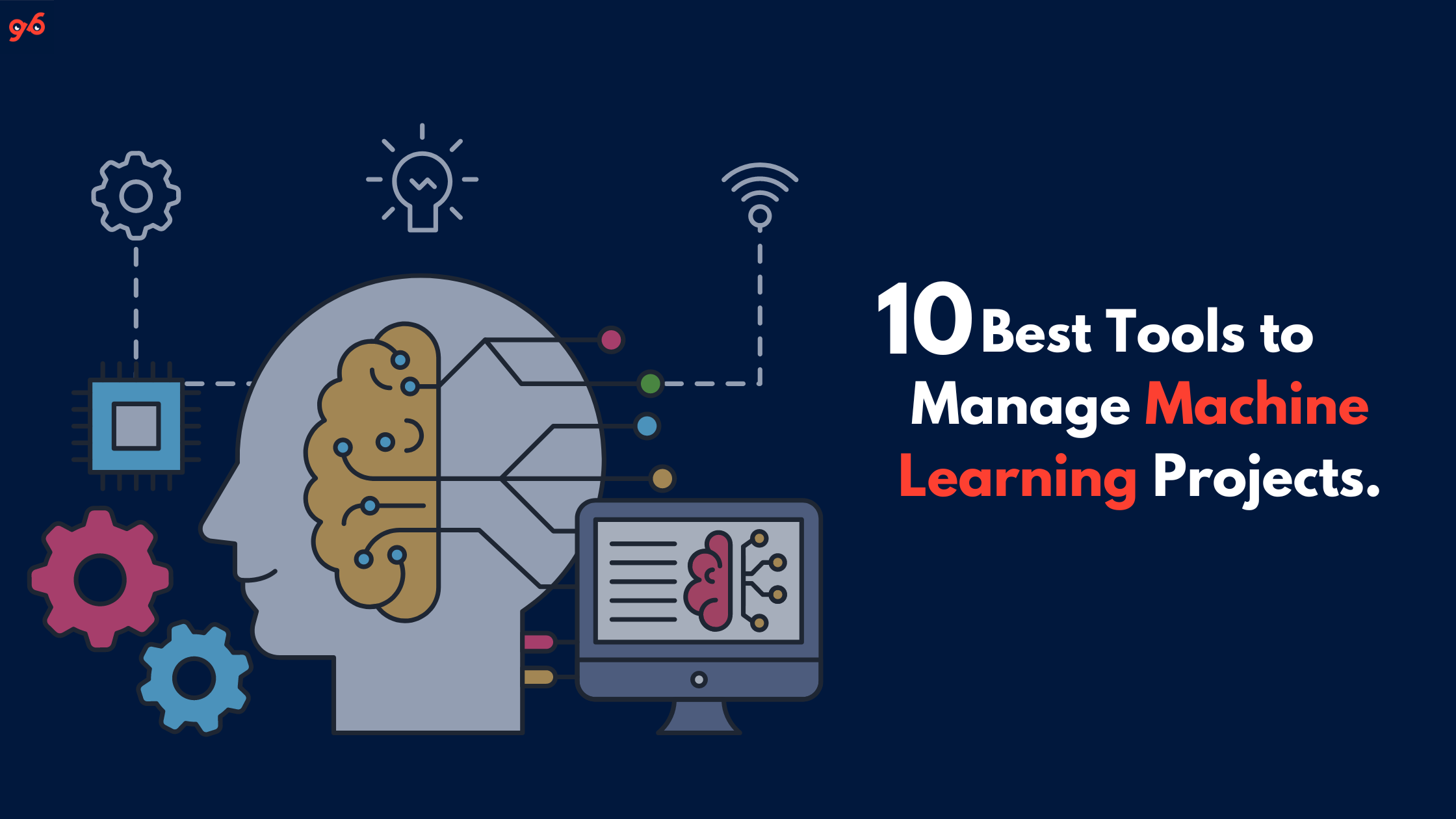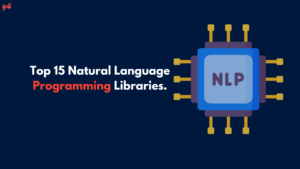In the rapidly evolving field of machine learning, managing projects efficiently and effectively is crucial for success. As the complexity of machine learning projects continues to grow, it becomes necessary to rely on specialized tools that streamline the process and enhance productivity. In this article, we will explore the top 10 tools that can help you manage machine learning projects seamlessly. From data preparation to model deployment and monitoring, these tools offer a range of features to simplify your workflow and optimize results.
Machine learning projects involve multiple stages, including data preprocessing, model training, evaluation, and deployment. Each stage requires careful management and coordination. By leveraging the right tools, you can streamline these processes and ensure better collaboration within your team. Let’s explore the ten best tools that can help you manage machine learning projects effectively.
Jupyter Notebooks
Jupyter Notebooks is a popular open-source web application that allows you to create and share documents containing live code, equations, visualizations, and narrative text. It provides an interactive environment for data exploration, prototyping, and analysis. With Jupyter Notebooks, you can write and execute code in multiple languages, including Python, R, and Julia, making it an ideal tool for machine learning projects.
TensorFlow
TensorFlow is an end-to-end open-source platform developed by Google for machine learning and deep learning tasks. It offers a comprehensive ecosystem of tools, libraries, and community resources that facilitate the development and deployment of machine-learning models. TensorFlow’s flexibility, scalability, and support for distributed computing make it a top choice for managing complex machine-learning projects.
PyTorch
PyTorch is another popular open-source machine learning framework widely used for research and production purposes. It provides dynamic computation graphs and a vast array of libraries and modules that simplify the process of building and training neural networks. PyTorch’s intuitive interface and extensive community support make it an excellent tool for managing machine learning projects of all sizes.
scikit-learn
scikit-learn is a versatile and easy-to-use machine-learning library that offers a range of supervised and unsupervised learning algorithms. It provides efficient implementations of various algorithms and tools for data preprocessing, feature selection, model evaluation, and more. scikit-learn’s simplicity and extensive documentation make it a go-to tool for beginners and experienced practitioners alike.
DVC
DVC (Data Version Control) is a tool that helps you manage your data and models effectively. It provides a version control system specifically designed for machine learning projects, allowing you to track changes, collaborate with team members, and reproduce experiments. DVC simplifies the process of managing large datasets and ensures the reproducibility of your machine learning pipelines.
MLflow
MLflow is an open-source platform for managing the machine learning lifecycle. It enables you to track experiments, package code, manage models, and deploy them to production seamlessly. MLflow’s ability to integrate with various libraries and frameworks makes it a versatile tool for managing machine learning projects across different platforms and environments.
Kubeflow
Kubeflow is a Kubernetes-based platform that provides a scalable and portable solution for managing machine learning workflows. It offers a wide range of components and features for building, deploying, and scaling machine learning models in a distributed environment. With Kubeflow, you can manage your machine learning projects efficiently and take advantage of Kubernetes’ scalability and fault tolerance.
Comet.ml
Comet.ml is a comprehensive platform for experiment management and collaboration in machine learning projects. It allows you to track, compare, and analyze experiments, making it easier to iterate and improve your models. Comet.ml offers real-time monitoring, interactive visualizations, and collaboration features, enabling seamless teamwork and boosting productivity.
Neptune.ai
Neptune.ai is a collaborative platform that helps data scientists and machine learning engineers manage and organize their experiments effectively. It provides tools for experiment tracking, model registry, and collaboration, making it easier to reproduce and share your results. Neptune.ai’s intuitive interface and powerful features streamline the machine learning project management process.
Conclusion
Managing machine learning projects requires the right set of tools to ensure efficiency, collaboration, and reproducibility. In this article, we explored the top 10 tools that can help you streamline your machine-learning workflow. From Jupyter Notebooks for interactive development to MLflow for lifecycle management, these tools offer a range of features to support your project at every stage. By leveraging these tools effectively, you can enhance productivity, achieve better results, and stay ahead in the rapidly evolving field of machine learning.
FAQs
Q1: Are these tools suitable for both beginners and experienced machine learning practitioners?
Yes, the tools mentioned in this article cater to a wide range of users, from beginners to experienced practitioners. They offer intuitive interfaces, extensive documentation, and community support, making them accessible to users with different levels of expertise.
Q2: Can these tools handle large datasets and complex machine learning models?
Absolutely. These tools are designed to handle large datasets and complex machine learning models. They provide features like distributed computing, scalability, and version control to support projects of varying sizes and complexities.
Q3: Can I use these tools for both research and production purposes?
Yes, many of these tools are suitable for both research and production purposes. They offer features for experiment tracking, model deployment, and collaboration, ensuring a smooth transition from research to production.
Q4: Are these tools compatible with different programming languages?
Yes, these tools support multiple programming languages. For example, Jupyter Notebooks can execute code written in Python, R, and Julia, while TensorFlow and PyTorch provide APIs for various languages, including Python, C++, and Java.
Q5: How can I get access to these tools?
To access these tools, you can visit their respective websites and explore their documentation, tutorials, and community resources. Additionally, you can refer to the custom message below for more information:




